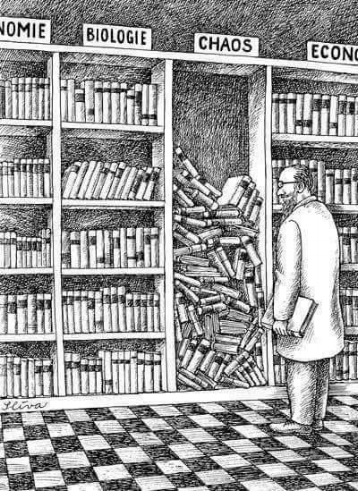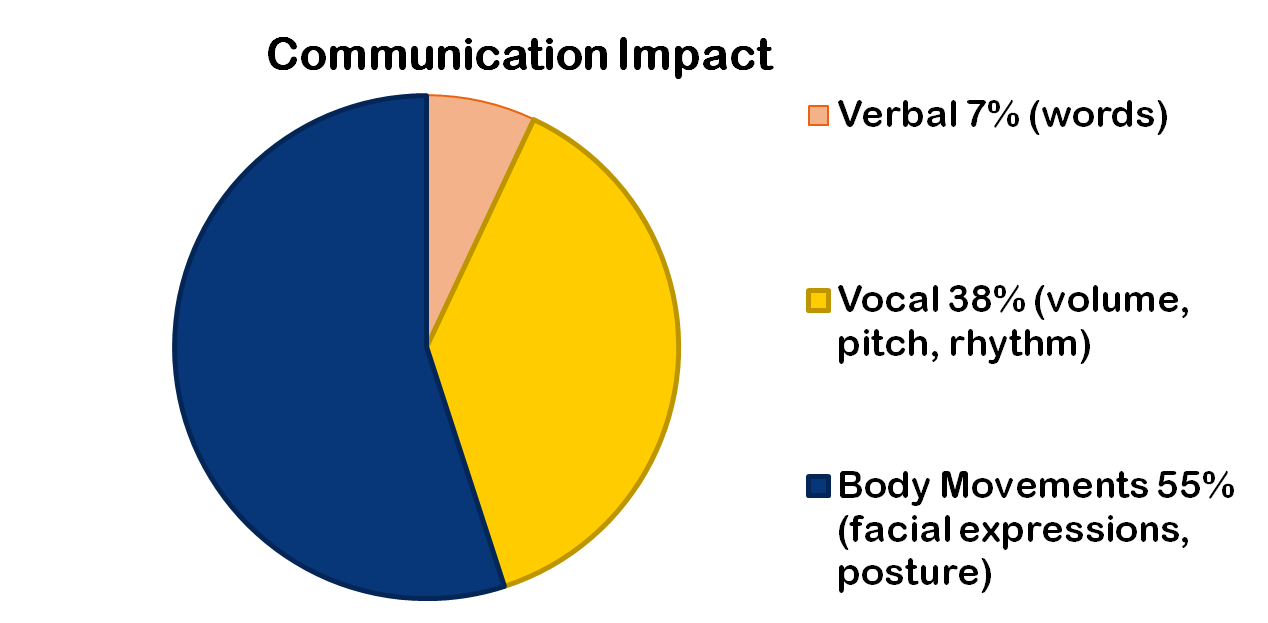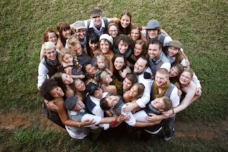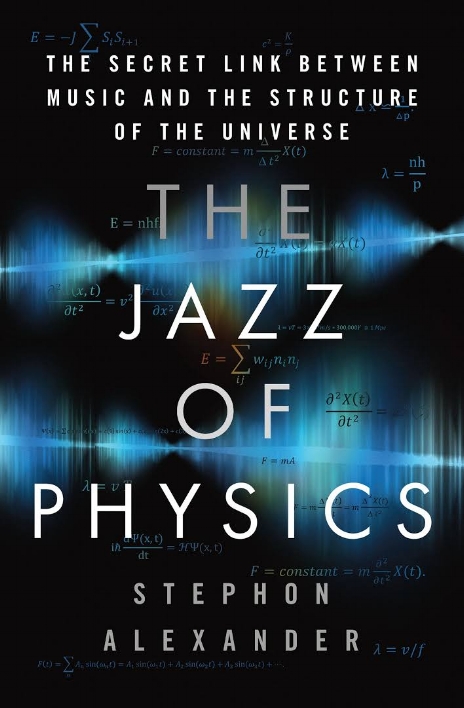Activating Your Mission, Meaning, and Mastery
by Calvin Harris H.W., M
I suspect the College education model as practiced today, as the best means to secure wealth and fame, is fading as a goal for many young people. Even the famed ‘SAT’, or other IQ Tests used as barometers of intellectual superior advantage and the indicator that one is on the fast track of wealth and success, may not be holding up factually as better living.
A Wall Street Journal correspondent and author of the bestselling book “When: The Scientific Secrets of Perfect Timing.”- Dan H. Pink has been quoted when asked of what portion of our career success does IQ account for? His answer: “between 4 and 10 percent.” Which has been backed up by Researcher Daniel Goleman and the Hay Group.
The first step in gaining the tools for a self directed life is then to begin activating your mission, and getting clarity on some of the contradictory data that we have. Data that acts as models or guides to what you believe to be better living or success and how to get it.
IQ testing for some when going through school became a worry and an impediment to setting a life course decision and a delay in trying to craft their innate mission. A struggle waged over would they be good enough to achieve the outcomes in life they set out to do? A struggle waged in the mind.
I feel we all live in our heads so much of the time that when we are faced with the circumstance that forces us to acknowledge that we also operate in a three-dimensional world and navigate through it by our somatic body, a body many times driven by unconscious decisions, this can be a shock to us.
We look to models as the guidepost along our journey in life to help point our way through. One guidepost often forgotten, but that has the propensity for success, is how we spend our time. If we would observe, we would find we spend most of our days in random thought and to a lesser degree imagining outcomes to situations that may or may not take place. In fact this process is the mechanism for life long learning. This process of our consciousness, is an alchemy of emotions, rational mind and our analytical capacities that act both as our allies and as obstacles. In our endeavors to live successfully, they can greatly move us forward in life, if focused with clear accurate data, barring that, then an acute observation and courageous adaptability must be developed. These qualities move us forward without trying to second guess ourselves or worse diverting ourselves away from our mission-meaning in life.
A second model or concept that needs reviewing is the idea of Education and the potential of learning. We are life long learners. Education is not a series of memorized pieces of data that we recite back for a short time and then forget. Nor is it the striving for the goal of coming up with a high test score from an intelligence test. Education is learning and engaging with information useful to our life, that when implemented, moves our life course forward. So many think of their education as acquiring a piece of paper that says ‘Degree’ on it, thinking this is the magic key to immediate success and fortune. So many, because of buying into just getting that paper, that degree, and perhaps not comprehending all of its variables, are left with a Degree, debt, and having feelings of disappointment and /or betrayal.
I am reminded of Chad Grills, the writer of the book “College or Not” when he was purported as saying “It’s easy to fall into the trap of thinking that if we don’t have a high IQ, brand name college degrees, or a high GPA, we don’t have a propensity for meaning. Or, we worry that because we don’t have a sufficient degree of these (old) measures of intelligence, our ability for growth and service will decrease (an impediment to meaning). The reality is, science and research increasingly show that these old credentials and measures of intelligence don’t matter that much.”
To gain meaning in your life today, one must overcome outworn definitions and measurements of yourself. Your task is to see yourself in a whole new way, creating a new narrative beginning with the idea of you as a Conscious Observer, you want to observe those concepts that seem to control, drive, and sometimes divert your life. It’s not necessary that you completely discard information found within concepts, but it is important that you examine the messages you accept from the information, especially those with a negative bent, thereby lessening negative effects to your talents and your overall success or mission.
Researcher Daniel Goleman and the Hay Group have shown that IQ placement accounts for a baseline of intelligence, therefore for a person to have mastery in life, would be more a matter of that person working with that baseline to create a mindset, and exercise the ability to do critical examination and the agility for correction on faulty conclusions. Allowing them to hone and strengthen their natural abilities and talents to consciously move in the direction of their innate and chosen path in a way that leads to the intersection of where preparation, talent, and opportunity meet.
So, if the old Learning-to-Success model components are changing, what does one use as guidepost or indicators of attributes and skills needed in the new model for success? What traits, abilities, and skills can you emulate that can activate your quest toward meaning, success, and mastery now?
I suggest the concepts of Grit + Imagination + Skills as basic components of the new model. We are at a time in history were some of the world’s most innovative companies are looking for people driven by the new model to drive their missions and success. Why not use them to drive your own mission and success? What do these new skills or traits look like?
Grit
Wikipedia defines grit as:
“A positive, non-cognitive trait based on an individual’s passion for a particular long-term goal or end state, coupled with a powerful motivation to achieve their respective objective. This perseverance of effort promotes the overcoming of obstacles or challenges that lie within a gritty individual’s path to accomplishment and serves as a driving force in achievement realization. Commonly associated concepts within the field of psychology include ‘perseverance,’ ‘hardiness,’ ‘resilience,’ ‘ambition,’ ‘need for achievement’ and ‘conscientiousness.’”
We talked earlier about 'courageous adaptability.' Call it a short hand to describe Grit.
Grit has in its makeup, conscious regulators, such as patience and a unique attitude perspective in any given situation. Victor Frankl, a Holocaust survivor, founder of logo-therapy, and author of Man’s Search for Meaning, flushes out for us a key perspective on 'attitude,' with his words: “Between stimulus and response, there is a space. In that space is our power to choose our response. In our response lies our growth and our freedom.”
If we can become conscious of our 'spaces between', our ‘timing’, and patience, as we endure what life throws at us, we’re well on our way to building grit, and from those experiences to make us stronger and also more compassionate of others.
Imagination
Imagination is that alchemy between our emotions, rational mind, and our analytical capacities, aka Creativity: once harnessed it is unmatched as a talent. Creativity harnessed is one of the most sought-after commodities in the world today. It has become a innovative and integral component of the new technologies that is needed to evolve, and propagate the many new products and services on the horizon. The alchemy of creativity becomes the futures great bastion of human expertise to perfect and master.
Building creativity skill can start as simply as by writing down ideas every day. Harnessing it can take longer. Needed then is the conscious awareness, the perception, and emotional balance brought into action during development, and implementation, of new ideas and products. Creativity coming forth as ideas are worked from good to desirable, to beneficial, and on to lucrative. Strategic thinking becomes then part of the blend in the creativity equation to produce better solutions and resources to problematic situations.
Skills
The one skill that will be prized above others will be the mastering of our emotions. Emotional mastery can be tricky for it is the practice of observing our thoughts and feelings as they arise and determining from what sources they spring. Choosing the ones that serve us and dismissing the ones that cause pain or frustration.
This is necessary in setting a life course and move us to our innate mission. Along the way, we find we produce marketable skills and our creativity builds value, in some cases where none previously seemed to exist. These marketable skills of the future may fall into one of the categories for: Art, Business, Engineering, Design, and Science.
The beauty of these new skill sets is that they’re all self-reinforcing. That means that if you’re willing to build grit by operating in uncertainty, you naturally start to develop ideas to solve your challenges. This leads to a boost in imagination. As our imagination increases, we’ll have to find an outlet. Searching for an outlet to channel our energies will lead us towards wanting to build our skills. These three areas begin to strengthen each other, and the process of increasing this new type of intelligence becomes seamless. Once we are self-taught in one skill or field of study, we can repeat the process again and again. When we’re growing and improving, it becomes easier for meaning to manifest in our lives.
So in conclusion, I want to give you some insights from one of the ‘New’ industry leader’s thinking on the ideas of the new models of Learning-to–Business success by Lazlo Bock.
Laszlo Bock is currently the CEO and Co-Founder of the Company named Humu, in Mountain View, California. He is the author of "WORK RULES! Insights from Inside Google to Transform How You Live and Lead", (which has been named one of the top 15 business books of 2015). He has been featured in The Wall Street Journal, the New York Times, and on the PBS Newshour
Bock's marketing slogan for Humu is: “Making work better for everyone, everywhere, through science, machine learning, and a little bit of love.”
Bock's previous job was as the man in charge of hiring at Google, and this is what he had to say about the skills he looked for when they wanted to hire under his watch:
“For every job, though, the #1 thing we look for is general cognitive ability, and it’s not I.Q. It’s learning ability. It’s the ability to process on the fly. It’s the ability to pull together disparate bits of information.”
Laszlo went on to say “the second most important thing they’re looking for: …is leadership — in particular emergent leadership as opposed to traditional leadership. Traditional leadership is, were you president of the chess club? Were you vice president of sales? How quickly did you get there? We don’t care. What we care about is, when faced with a problem and you’re a member of a team, do you, at the appropriate time, step in and lead. And just as critically, do you step back and stop leading, do you let someone else? Because what’s critical to be an effective leader in this environment is you have to be willing to relinquish power.”
We’ll uncover more about these attributes and traits in-depth in future articles. In the meantime think on these words
I've learned that making a "living" is not the same thing as making a "life". - Maya Angelou
So if you need to get a handle on this or in moving forward drop me a note. We can go over or discover activities, habits, and techniques, without harassment or harsh judgment that is advantageous to a solid re-invention of a successful you.
















































































